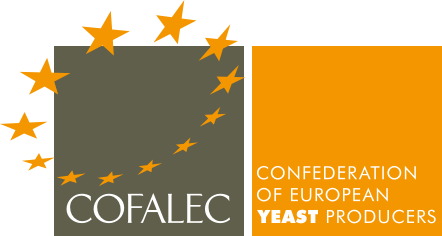According to a recent scientific study, a genetically engineered strain of yeast reduces the amount of carbon dioxide produced during the production of ethanol biofuels. For years, the ability to take up carbon dioxide (CO2) and convert it into sugar has been naturally restricted to plants, algae, and some bacteria. However, researchers have now incorporated this function into a type of yeast used in ethanol production to reduce CO2 emissions of this process while also increasing ethanol production for biofuels.
To tackle this issue, the team genetically engineered an enzyme called Rubisco into S. Cerevisiae yeast. Rubisco is a key enzyme that allows for different plants, some bacteria, algae, and protists to fix CO2, meaning to capture atmospheric CO2 and incorporate it into sugars used for energy.
